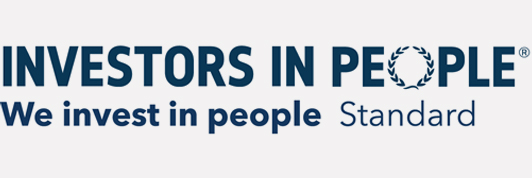Net Zero Statement
Introduction:
"Net zero" refers to the balance between the amount of greenhouse gases produced and the amount removed from the atmosphere. Achieving net-zero emissions means that the total greenhouse gas emissions produced are equal to the amount removed from the atmosphere.
As a training provider, we are committed to mitigating our environmental impact and contributing to a sustainable future. Our net-zero plan outlines our strategies to reduce carbon emissions, minimise waste generation, and promote sustainability throughout our operations.
1. Energy Efficiency:
- Conduct an energy audit to identify areas of energy waste and inefficiency in our facilities.
- Implement energy-efficient practices such as LED lighting, energy-efficient appliances, and automated lighting controls.
- Explore opportunities to invest in renewable energy sources such as solar panels or green energy tariffs.
2. Waste Reduction and Recycling:
- Establish a comprehensive waste management plan to minimise waste generation and maximise recycling.
- Provide training to staff and apprentices on proper waste sorting and disposal procedures.
- Partner with waste management companies to ensure responsible disposal of hazardous materials.
3. Carbon Reduction:
- Measure our carbon footprint and set ambitious reduction targets in line with the UK's net-zero goals.
- Implement initiatives to reduce carbon emissions from operations, including optimising transportation routes and reducing energy consumption.
- Offset unavoidable emissions through reputable carbon offset projects, such as reforestation or renewable energy initiatives.
4. Sustainable Procurement:
- Source training materials and supplies from sustainable suppliers with environmentally friendly practices.
- Prioritise products with minimal packaging and those made from recycled or renewable materials.
- Consider the environmental impact of transportation when selecting suppliers, opting for local or regional vendors whenever possible.
5. Transportation and Commuting:
- Encourage staff and apprentices to use sustainable transportation options such as public transport, cycling, or car sharing.
- Provide incentives for adopting low-carbon commuting options, such as subsidised public transport passes or bicycle purchase schemes.
6. Education and Engagement:
- Integrate sustainability principles into the orthodontic therapy apprenticeship curriculum, emphasising the importance of environmental awareness in healthcare.
- Organise workshops, seminars, and training sessions on sustainability topics for staff and apprentices.
- Foster a culture of sustainability by encouraging active participation and idea-sharing among staff and apprentices.
7. Continuous Improvement and Monitoring:
- Establish key performance indicators (KPIs) to track progress towards net-zero goals.
- Regularly review and update the net-zero plan based on performance data and stakeholder feedback.
- Conduct regular audits to ensure compliance with sustainability initiatives and identify areas for improvement.
8. Certifications and Recognition:
- Pursue certifications such as ISO 14001 or the Carbon Trust Standard to demonstrate our commitment to sustainability.
- Seek recognition from industry associations and regulatory bodies for achievements in carbon reduction and environmental stewardship.
By implementing this net-zero plan, we will not only reduce our environmental impact but also inspire positive change within the healthcare sector and contribute to a more sustainable future for generations to come.











